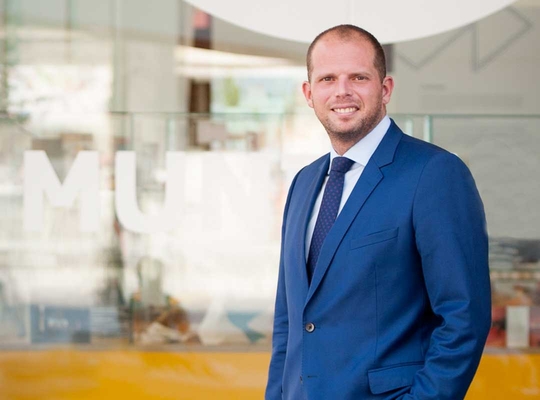You are here
The asylum backlog has increased by more than half since the Vivaldi government took office

When he took office, State Secretary Sammy Mahdi said he wanted to use audits of the asylum and migration services, among other things, to eliminate the asylum backlog. Less than a year and a half later, it appears that the asylum backlog has increased by a striking 53%. “Mahdi’s policy is failing,” says MP Theo Francken.
By way of comparison, the European asylum crisis of 2015-16 was completely resolved under the Swedish government, and the backlog was reduced to barely 5,015 cases in 2018. At a normal workload of 4,200 files, this meant a backlog of just 815 files. “Add to that the COVID-19 period of 2020 and 2021, when there was hardly any influx of asylum seekers, then you can only conclude that Mahdi’s policy is failing,” MP Theo Francken responds.
Oversaturated asylum network
The reception network for asylum seekers is thus oversaturated. Mahdi has been getting one judgement after another for providing compulsory shelter, which is costing the Belgian state a lot in penalty fees. That failure became painfully clear at the beginning of the Ukraine crisis. “It is high time that State Secretary Mahdi started working on that backlog. We can no longer squander taxpayers’ money because of a bad policy,” says a disappointed Theo Francken.
Backlog continues to increase
“What is striking is that despite the expensive promises, the backlog is still growing. In January, the asylum services took only 898 decisions and in February, 1,428, but the number of asylum applications was much higher. This means that the backlog continues to increase on a structural basis,” MP Darya Safai adds.
When will the Australian model be adopted?
Nevertheless, Belgium spent an initial record amount on asylum reception, namely EUR 527 million. Tens of millions of euros were added to this for the asylum services. “But still, the backlog continues to increase, and the asylum gate remains wide open. This is usually for people who do not belong here at all and who ignore European directives and legislation,” says MP Tomas Roggeman. When will these illegal migration flows come to an end, and when will they finally move towards adopting the Australian model, the MPs wonder.

